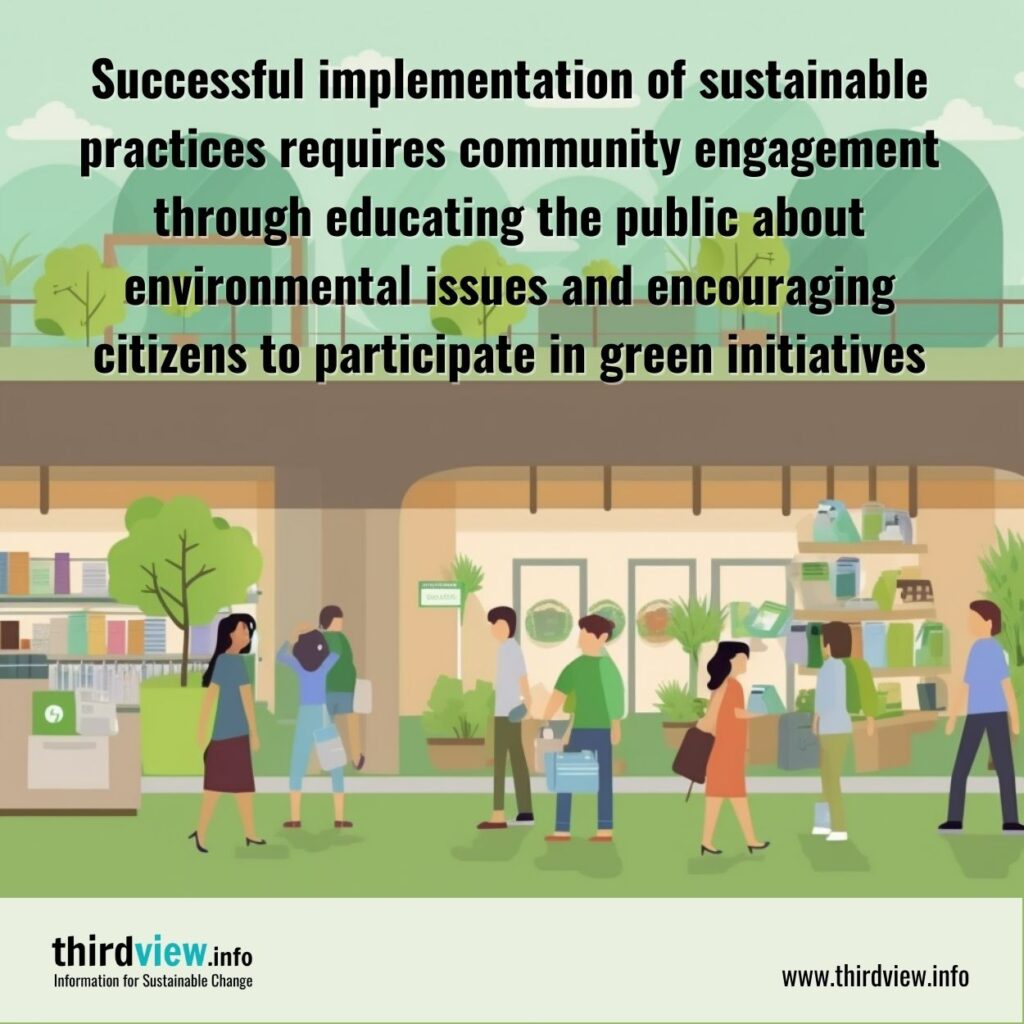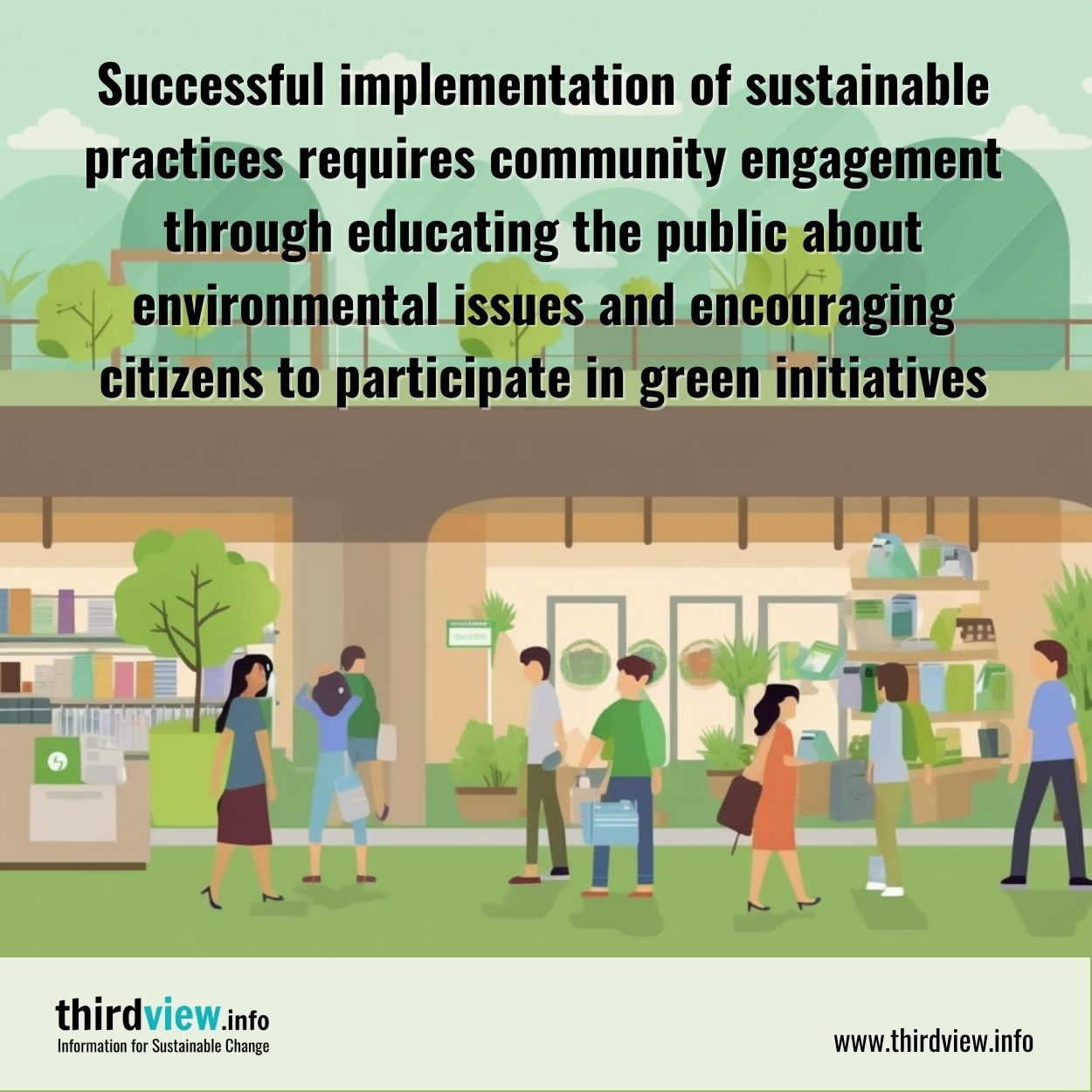When it comes to environmental sustainability, policy and regulations have a major impact on how sustainable practices are implemented in local communities. The purpose of this blog post is to provide an overview of the policies and regulations that affect the implementation of sustainable practices in local communities.
Local Governments
The implementation of sustainability policies and regulations is largely driven by local governments. These policies can range from incentives for renewable energy projects to restrictions on certain types of development. Local governments are also responsible for providing funding for environmental protection measures, such as land conservation. By encouraging green initiatives, local governments can help reduce air pollution, improve water quality, and conserve natural resources.
Environmental Regulations
At the state level, there are a variety of environmental laws and regulations that must be followed when implementing sustainable practices in local communities. These laws are designed to protect human health, the environment, and natural resources. Common examples include air quality standards, water quality standards, hazardous waste management rules, and agricultural land use restrictions. To ensure compliance with these laws and regulations, businesses must obtain necessary permits before operating in a particular area or engaging in specific activities that may affect the environment.
Community Engagement
In addition to policy and regulation implementation at the governmental level, successful implementation of sustainable practices requires community engagement. This includes educating the public about environmental issues, encouraging citizens to participate in green initiatives such as recycling programs or tree planting efforts, and providing resources for sustainable living such as access to clean transportation options or renewable energy sources. Community engagement also involves supporting local businesses that are committed to sustainability efforts by purchasing their products or services whenever possible.
Implementing sustainable practices in local communities requires a multi-faceted approach that incorporates policymaking at the government level with education and engagement at the community level. Policies and regulations form an important part of this approach as they provide guidance on how best to manage natural resources while protecting human health and the environment. By working together on these initiatives, we can create a more sustainable future for ourselves and generations to come.


